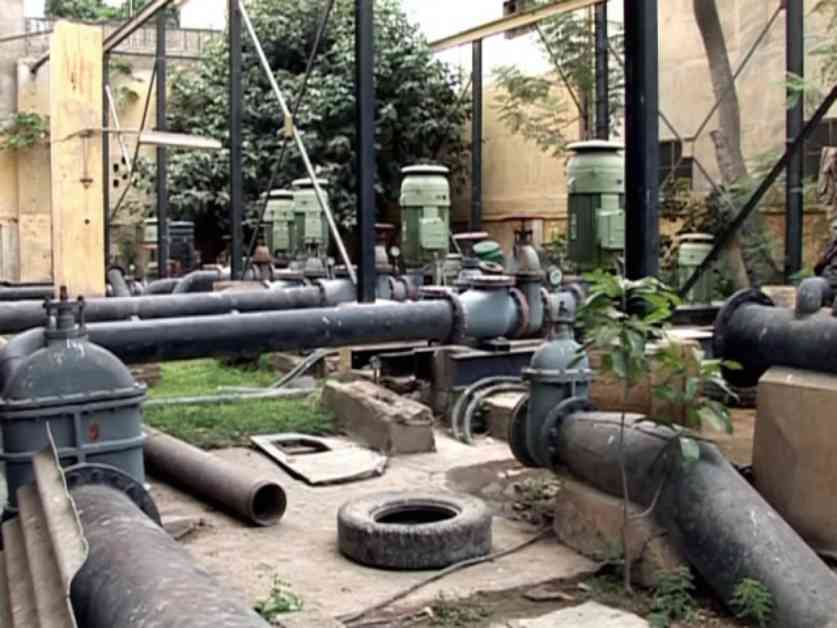Karachi Water Shortages: Impact of Dhabeji Pumping Station Power Failure
Karachi, the bustling metropolis of Pakistan, is currently grappling with a severe water crisis that has left major areas, including Gulshan-e-Iqbal and Korangi, parched and desperate for water. This crisis was triggered by a power breakdown at the Dhabeji pumping station, leading to a catastrophic explosion that ruptured two critical pipelines, disrupting the city’s water supply.
The Aftermath of the Power Failure
Reports indicate that a massive 72-inch diameter pipeline (No. 5) burst during the incident, causing water delivery to several vital areas of Karachi to come to a screeching halt. Neighborhoods such as Landhi, Shah Latif Town, Town Ship, Gulshan-e-Iqbal, Gulshan-e-Hadeed, and Malir are among the worst affected, facing acute water shortages as a result of this unfortunate event.
The Call for Action
Amidst this chaos, the Power Division has swiftly intervened, directing K-Electric to restore electricity supply promptly to the pumping station. A spokesperson from the Power Division emphasized the urgent need to resume water supply to Karachi at all costs, highlighting the necessity for K-Electric to upgrade the water supply system to prevent similar incidents from occurring in the future.
On the other hand, a representative from K-Electric reassured the public that electricity supply to all major pumping stations, including Dhabeji, was functioning normally. The temporary disruption at the pumping station has been resolved, and K-Electric’s team is working closely with the Water Board to ensure seamless operations moving forward.
Concerns and Challenges Ahead
Aside from the immediate crisis, concerns loom over the delayed lining work on the B-Feeder canal, raising fears of an impending water emergency in Karachi. Experts also warn of potential setbacks to the long-overdue K-IV water supply project, which aims to enhance Karachi’s water supply infrastructure with a significant investment of Rs40 billion from the federal and Sindh governments.
As delays persist and progress falls short of expectations, questions arise about the feasibility of completing the K-IV project by its 2027 deadline. With mounting pressures from the World Bank and challenges surrounding funding allocation and project management, the future of Karachi’s water supply hangs in the balance.
In the midst of these uncertainties, the people of Karachi remain resilient, hoping for swift resolutions and adequate measures to address the pressing water crisis confronting their beloved city. As the authorities scramble to find solutions and navigate the complexities of infrastructure development, the fate of Karachi’s water supply rests on the collective efforts of all stakeholders involved.









